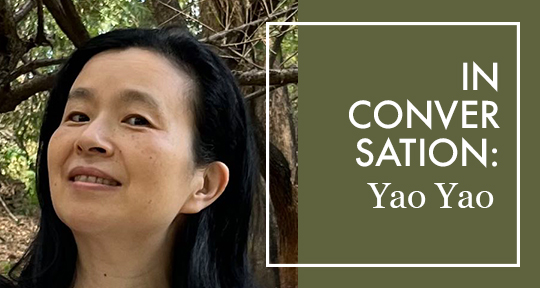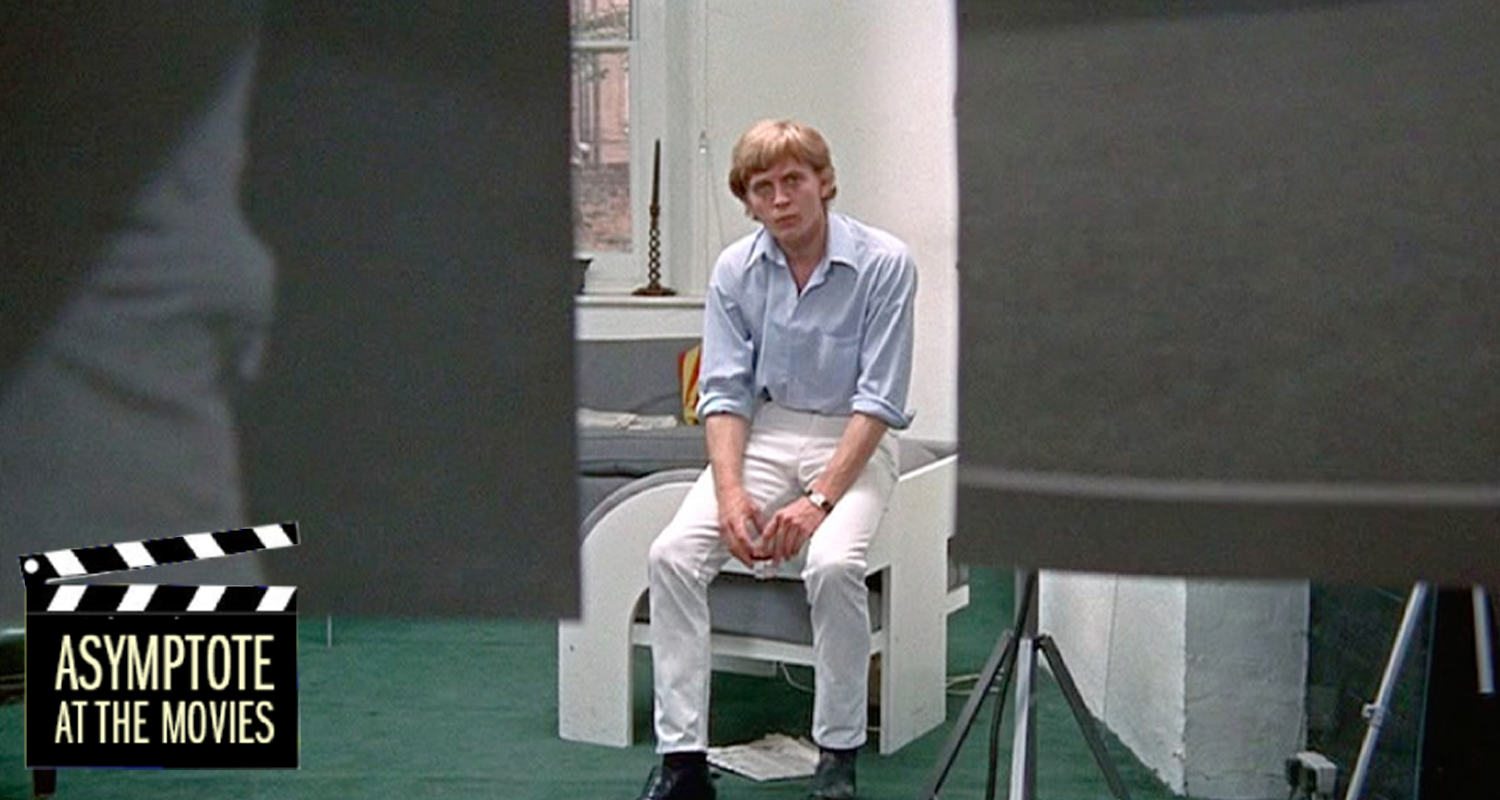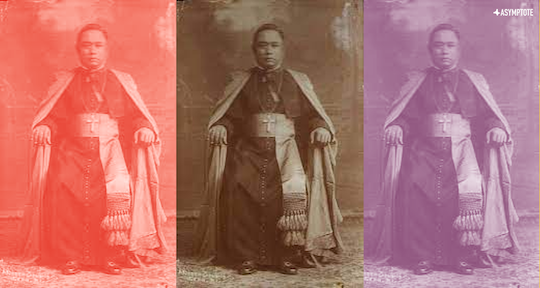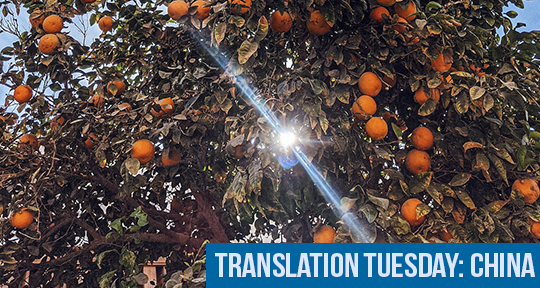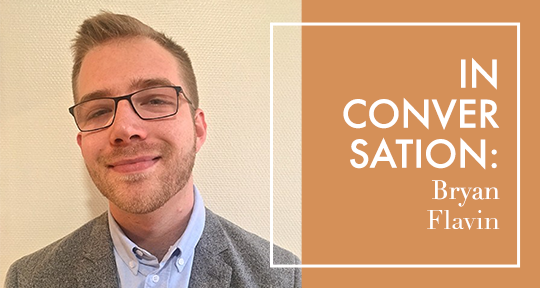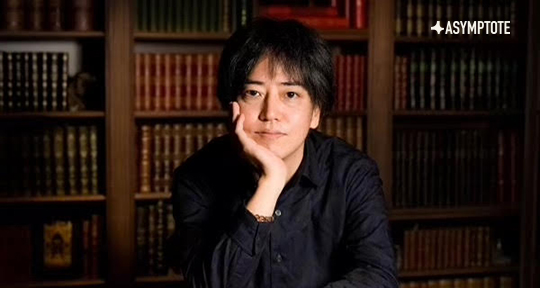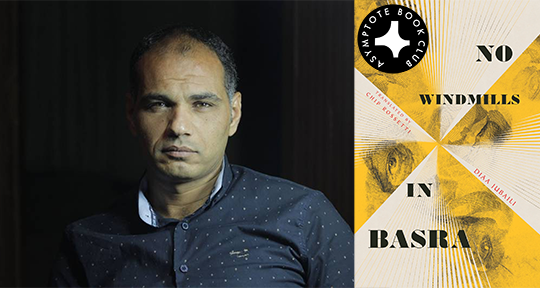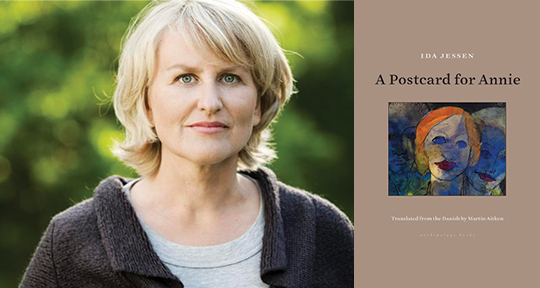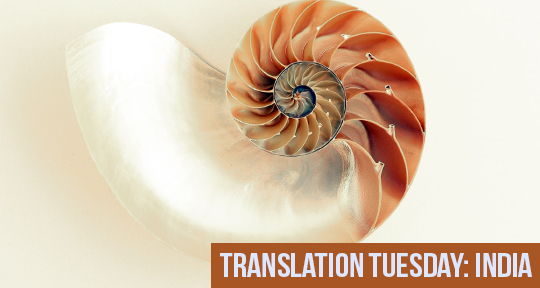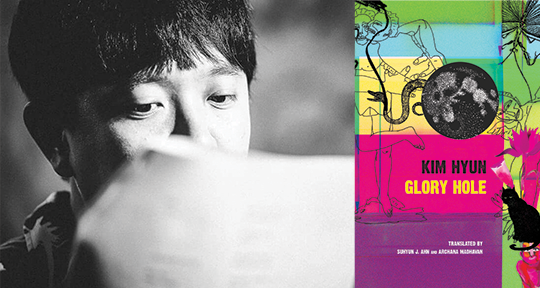From the writings of San Mao to Jia Pingwa, the sanwen or essay is easily one of the most beloved genres in Chinese literature. Monika Gaenssbauer’s survey essay in our Spring 2013 edition spotlighted just four of the most prominent practictioners of this art and explored why Chinese essays are only rarely translated into English. On the occasion of Yao Yao’s delightful essay “Colourful Fruit Trees” in Samuel Liangxing Luo’s translation appearing in this week’s Translation Tuesday showcase, our editor-in-chief sat down with the author to discuss her latest collection and the outsized influence of Fujian writers in this particular genre within contemporary Chinese letters.
Why did you go with As Mentioned, No Names Are Mentioned as the title?
Tang poet Wang Wei once wrote a poem, beloved through the ages, which contains the line: “Even in a deserted mountain, one yet hears the whispers of man.” To hear your fellow man but see no one—the implications behind this conceit are endless. I based this collection of essays on the stories of my Chinese art circle friends, ascribing anecdotes to made-up names like Yi yi or Yi er. Even without proper attribution, the stories are one-hundred percent taken from real life. Not only does the title befit my mode of storytelling, it also hints at the playfulness inherent in the anthology.
Creative nonfiction in the Western tradition typically centers the author, but in these essays, it’s your friends who take centerstage; you, on the other hand, mostly stay in the wings. What would you say to the readers who might have come to this essay collection hoping to read about you, only to be denied this familiarity?
This may be a book that takes as its subject the lives of my friends, but, as author, I am in fact everywhere. What I have expressed is entirely what I have chosen to express; what my readers encounter is what I have chosen for them to encounter. Though I may be offstage, I am like a director, staging tableau after tableau, mapping thought after thought, carrying the reader through space-time, perspective, and logic. Should the reader derive pleasure from the work, it will be my pleasure too. I’m at the scene with the reader.
Within your text, you intersperse other writings by authors and artists alike. In addition, after each essay—and this is a novel idea that I haven’t encountered elsewhere—you also add readers’ online comments that the articles attracted when they were first published on a website. How did you go about selecting these comments? And do you treat these comments as equal to the other texts?
Adding readers’ comments is a new thing for me as well. Inevitably, different readers will react differently to the same text. No matter what point of view is being expressed, if there is substance to their opinion, I’ll be happy to use it as a kind of annotation or a finishing touch, if you will. As for quoted text lifted wholesale from other writers or artists, these serve as elaboration or counterpoint; this way, there’s something for everybody. That’s also one of the aims of this essay collection. READ MORE…

